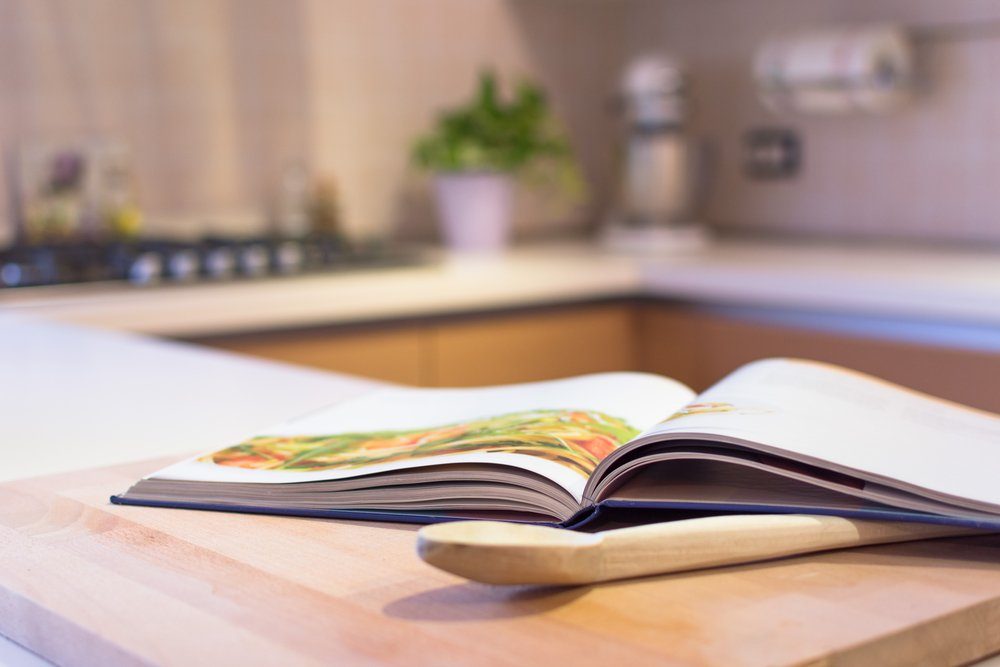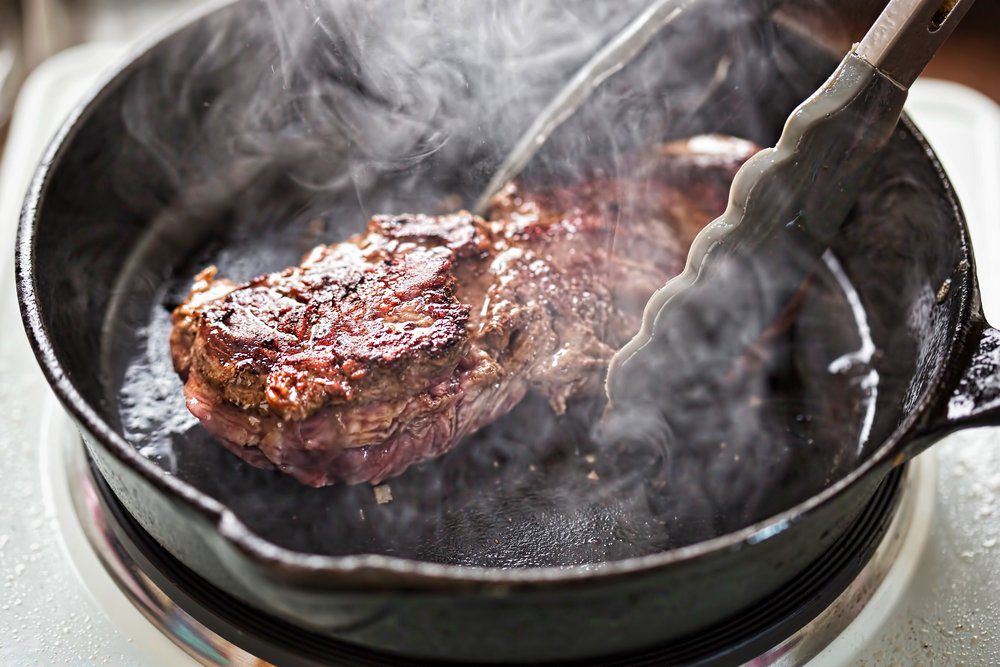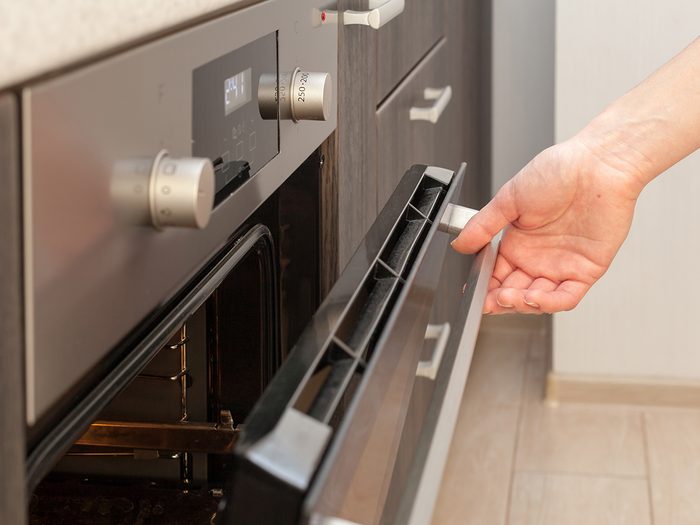
Checking on your food while it’s in the oven
It’s very tempting to open the oven to check on your food and get a whiff of what’s to come, but it could cause your food to be undercooked. Every time you open the oven door it releases enough heat to change the temperature. If you want to be able to see your food, turn on the light and look through the oven window.
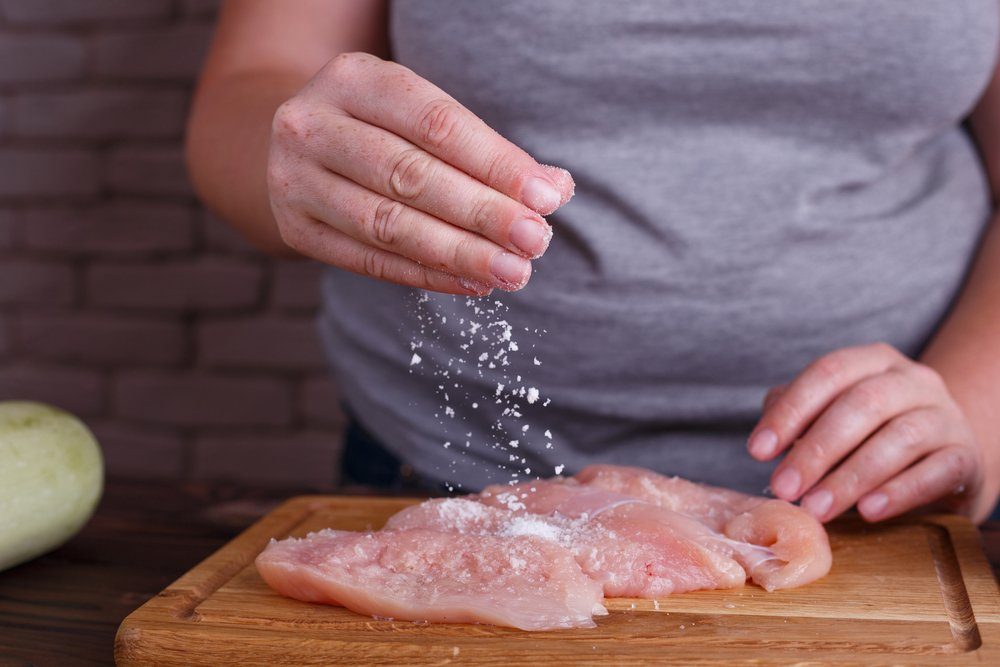
Adding too much salt
Adding too much salt to your dish doesn’t only make you want to chug a glass of water, it’s also really unhealthy. Add a little sprinkle of salt as you cook your food and taste it to know when you’ve added the right amount.
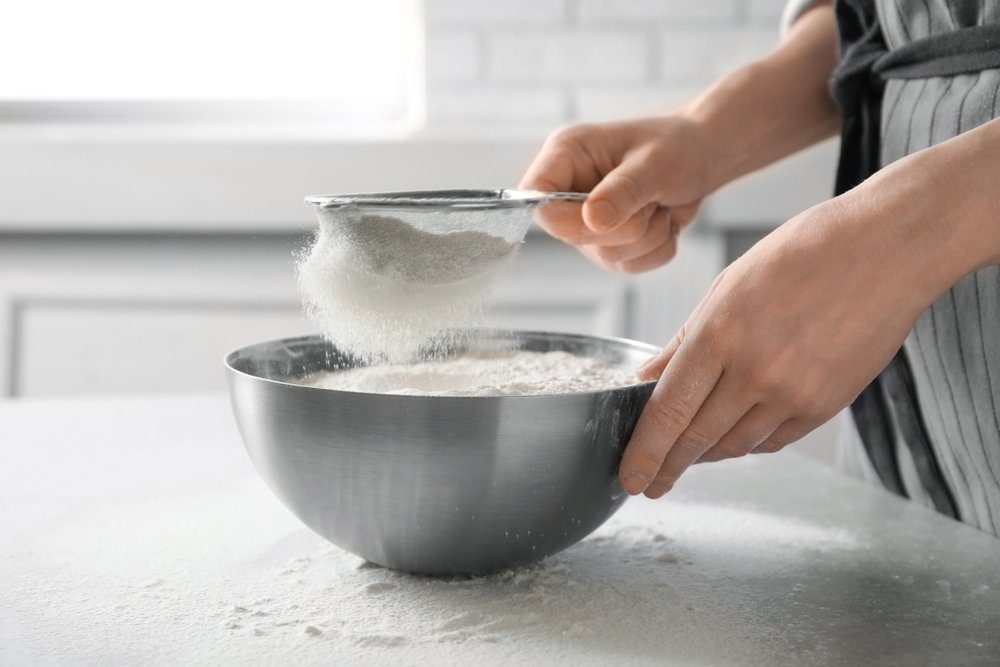
Not sifting the flour
If you don’t sift your flour when cooking it can lead to lumps. People often run into this problem when making gravies and sauces. If your sauce has a lot of lumps, throw it in a blender to smooth it out.
Our roundup of flour hacks will have you seeing this pantry staple in a whole new light.
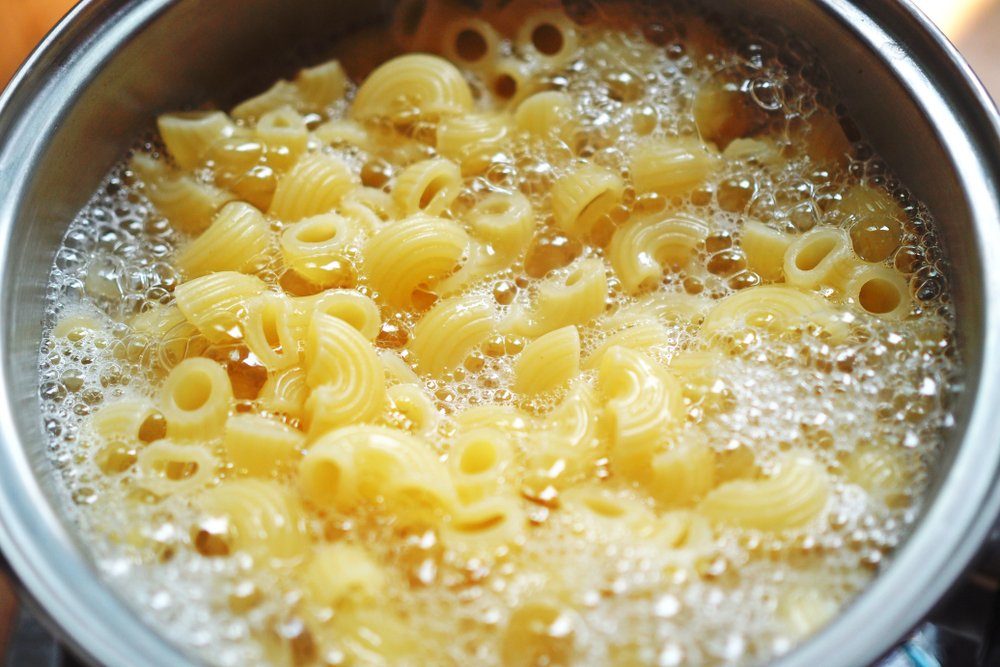
Overcooking pasta
Nothing ruins a dish like mushy pasta. If you let the water boil for a little too long, run your pasta under cold water for a few minutes to stop the cooking process and contract the starch. When you add tomato sauce it will make the pasta warm again. If your mushy pasta is beyond repair, add it to a batch of minestrone or chicken noodle soup.
Here’s how to make store-bought pasta sauce taste homemade.
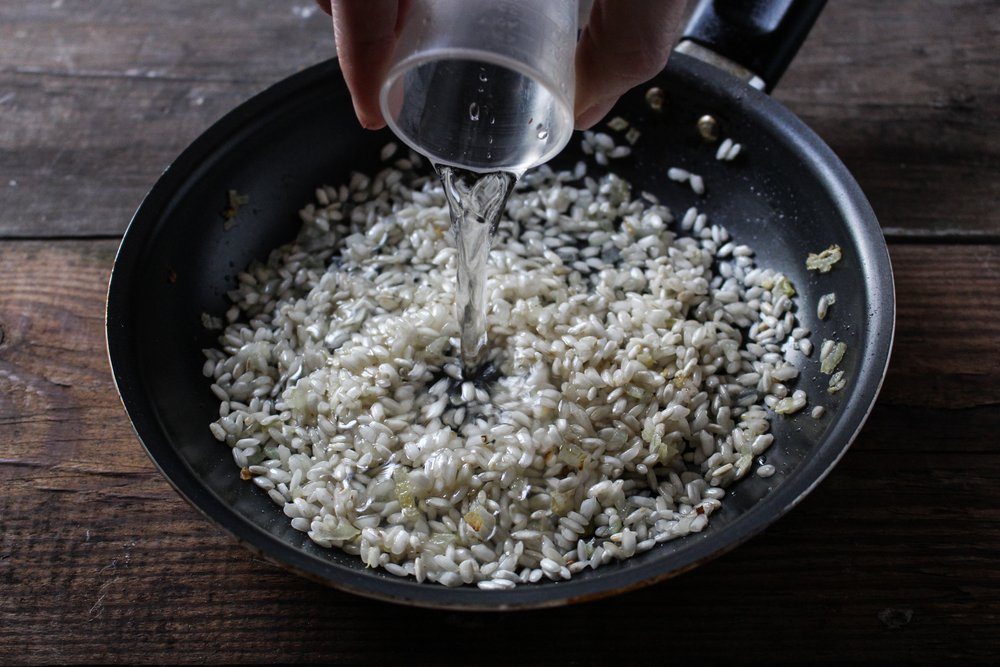
Adding too much water to rice
Adding too much water to your rice when cooking can make it turn out soggy. But don’t worry; your meal isn’t completely ruined. Add some cooked shrimp or meat to it, for little balls, and fry them or wrap them in wontons and steam them.
These pantry organization ideas make meal prep so much easier
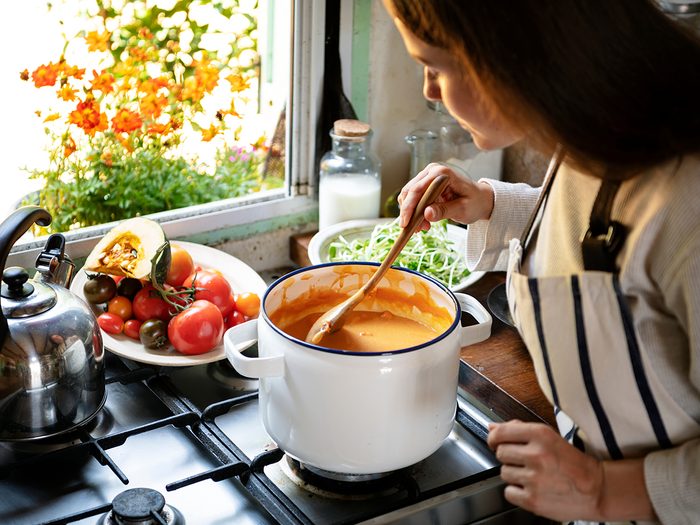
Forgetting to stir
If you forget to stir your stew—or whatever dish you’re cooking on the stove—the bottom of the pan can burn and become completely black. You can save your stew by transferring the part that isn’t burnt to a new pan. Make sure to do this as soon as you notice some has burned, though, because it could ruin the taste of the whole dish.
This genius hack will make your pots and pans look brand new.
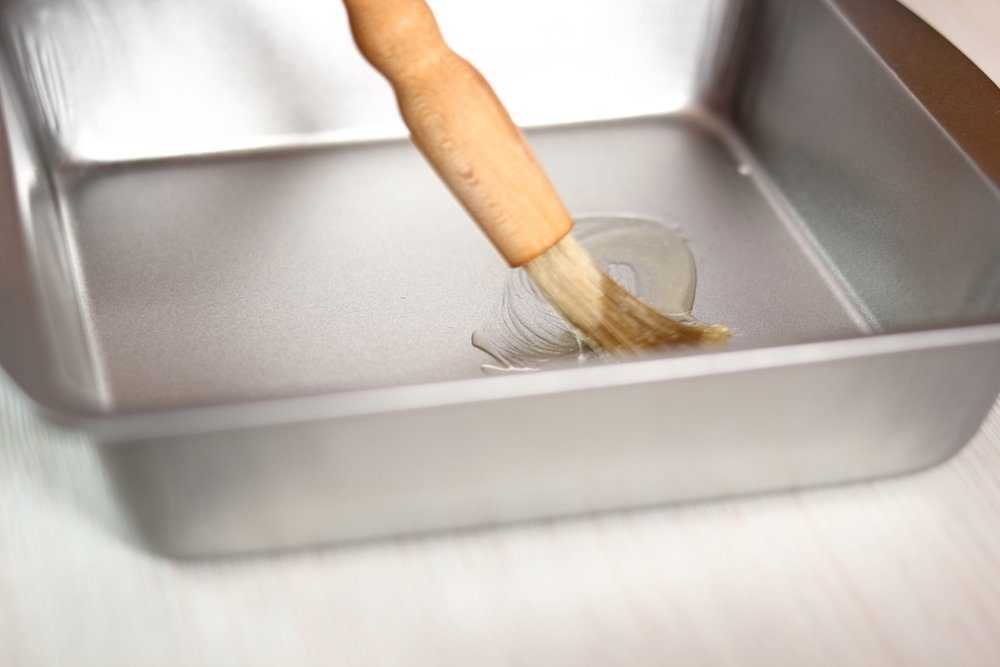
Not greasing the cake pan
Forgetting to grease the cake pan before pouring the batter in can lead to a crumbly mess when you take it out of the oven. It won’t be able to easily slide out of the pan and onto the drying rack. If you’re crafty you can try “gluing” the pieces of the cake back together with frosting.
Don’t miss these cake baking tips we learned from our grandmothers.
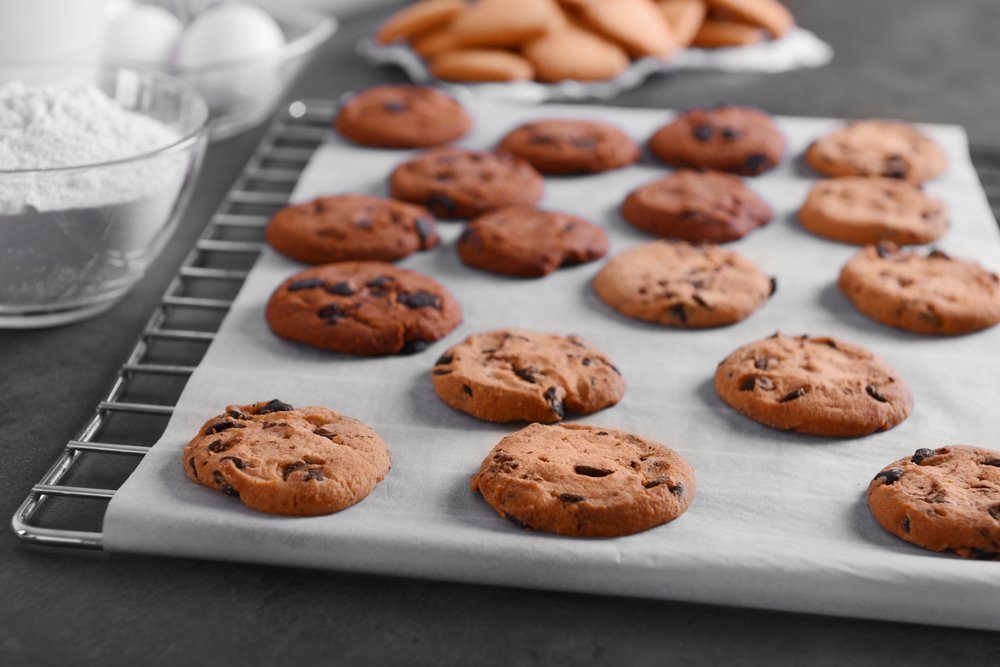
Not using parchment paper
Putting your cookies directly on the pan instead of using parchment paper is slightly easier, but if you want whole cookies, use parchment paper. Without parchment paper, the cookies will get stuck to the pan and break apart. If this happens, try using them as a cookie crumble to top a cake or add to an ice cream sundae.
Psst–you’ll love this recipe for flourless peanut butter cookies!
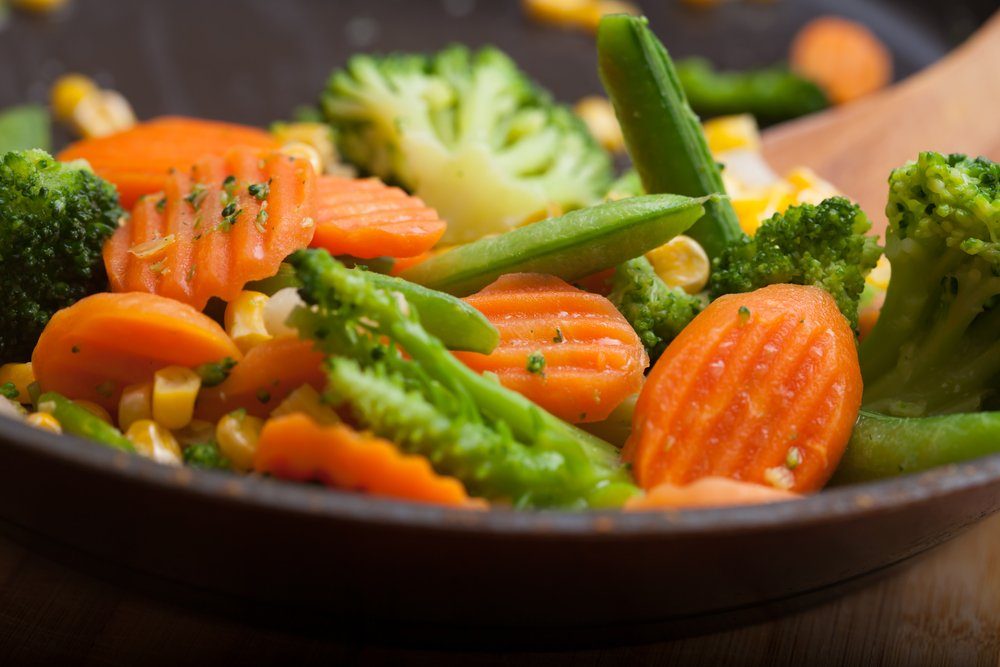
Overcooking veggies
If you accidentally overcook your vegetables it can make them dry and bland. Cool them in ice water and then reheat briefly in hot stock to make them edible again.
Check out the trick for peeling potatoes that’s taking over the internet.
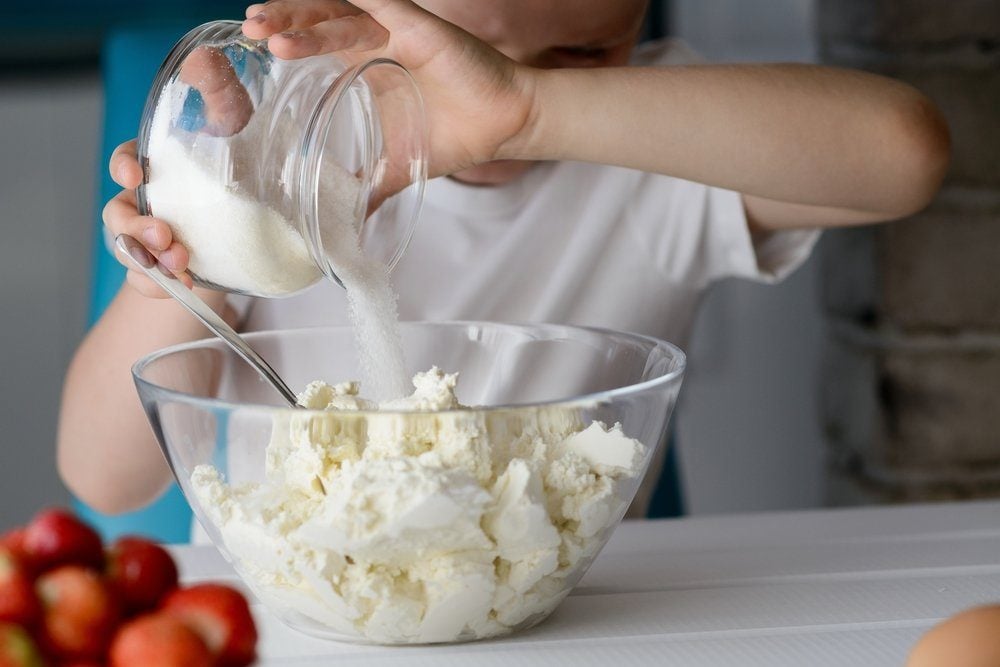
Adding too much sugar
If you add too much sugar when cooking it can make your dessert extremely unhealthy. If you have a sweet tooth, try satisfying it with fruit-centric desserts.
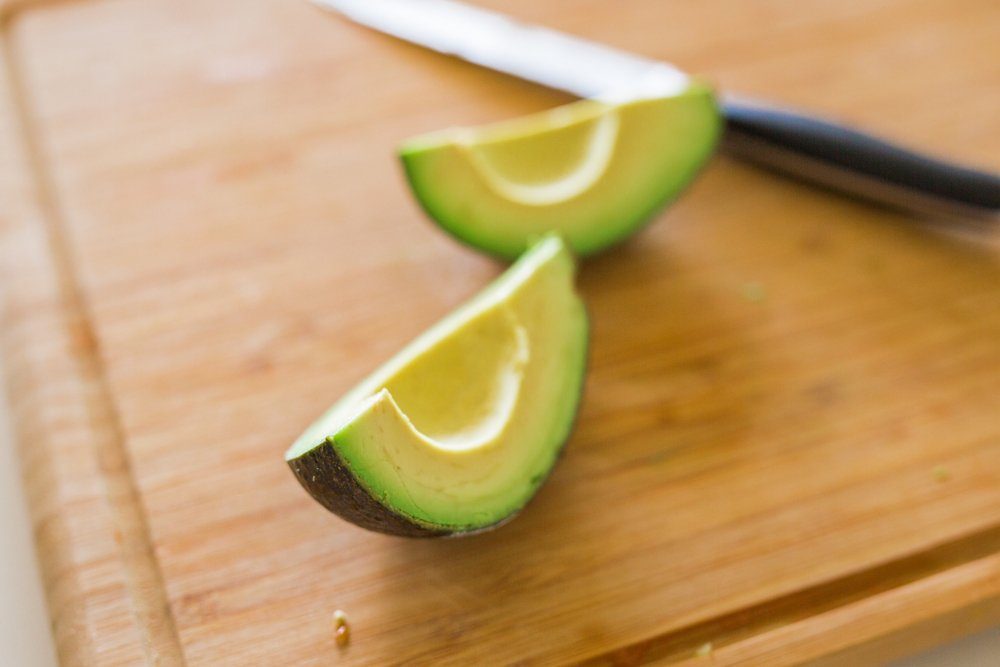
Using the “low-fat” option
Choosing the low-fat option to cook with isn’t very healthy; there is such a thing as good fat. In fact, not adding enough fat when cooking is a mistake. Fat is an important energy source and helps your body with the absorption of vitamins.
Here are 10 “bad” foods you should stop demonizing.
Ignoring the commas
If you don’t read a recipe closely it could ruin your dish. For example, if a recipe says “1 cup walnuts, chopped” this means measuring one cup of whole walnuts and then chopping them. “One cup of chopped walnuts” means that you would chop the walnuts before measuring.
Love a quick clean-up after dinner? Here’s a week’s worth of one-pot meals.
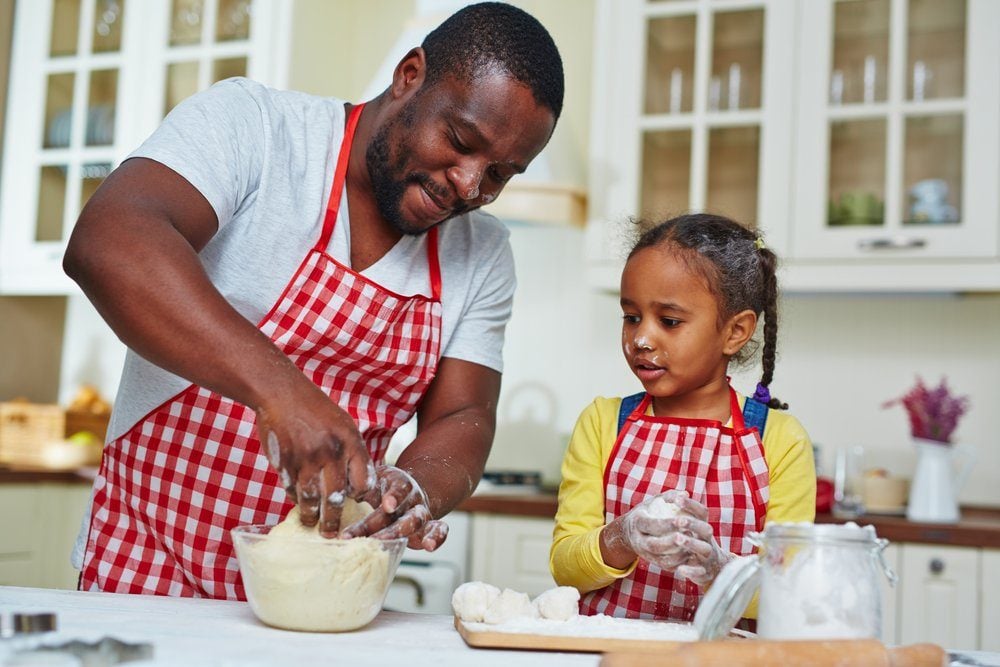
Using cold ingredients
It’s very important to use room temperature ingredients when baking (unless the recipe calls for otherwise). Warmer ingredients are not only easier to mix together, but it will also make the end result fluffier.
Discover more kitchen hacks that’ll change the way you cook.
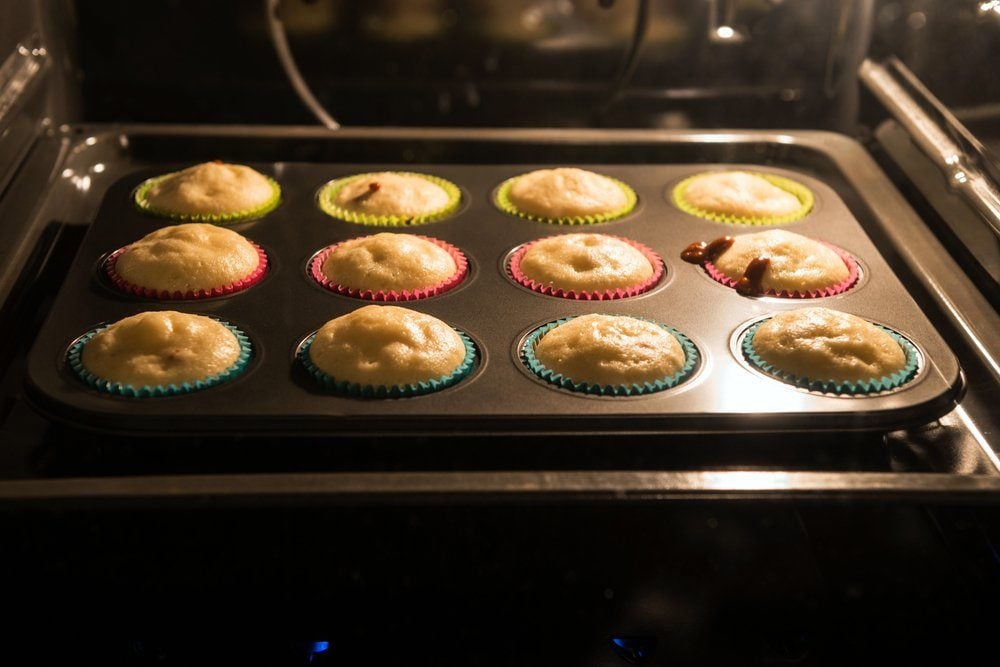
The oven temperature is too high
If your oven temperature is too high, it can cause the outside of your meal to burn and the inside to still be undercooked. It’s important to keep an eye on your food as it cooks because the temperature display on the oven isn’t always accurate, especially on older models.
You use the wrong pan
Darker pans absorb more heat, which could cause your food to burn on the bottom.
Here’s how to clean a cast iron pan (if you want it to last forever).
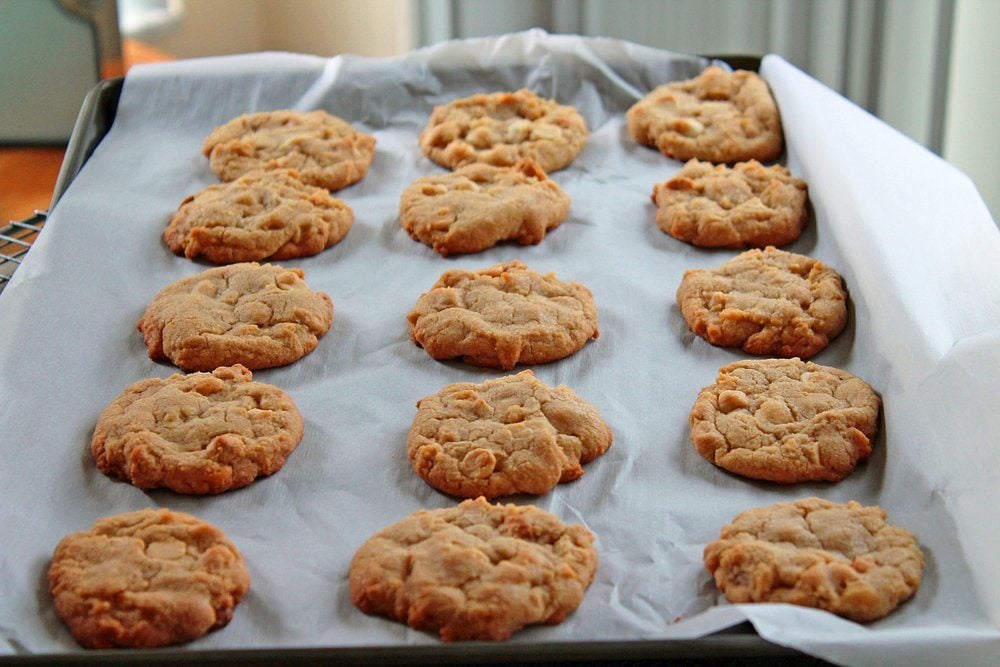
Not waiting for baking sheets to cool
Even though you might be in a time crunch to make 80 cookies for your bake sale tomorrow, not waiting for the baking sheets to cool between batches can ruin them. If you put the dough on a warmed cookie sheet it will cause that batch to be browner than the previous one.
Pressed for time? Check out 30 easy desserts that start with cake mix.
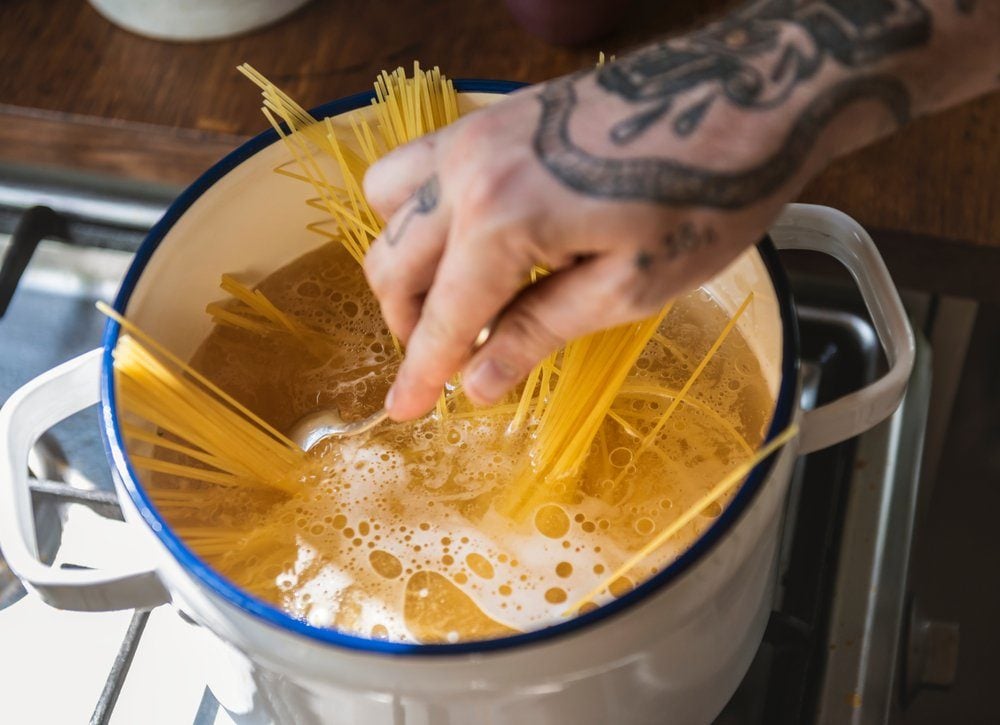
Using a small pot to cook pasta
If you add a large handful of pasta to a small boiling pot of water it can cause the water’s temperature to drop fast, and it will take longer to start boiling again. As the noodles sit in the lukewarm water they will start to get mushy and clump together.
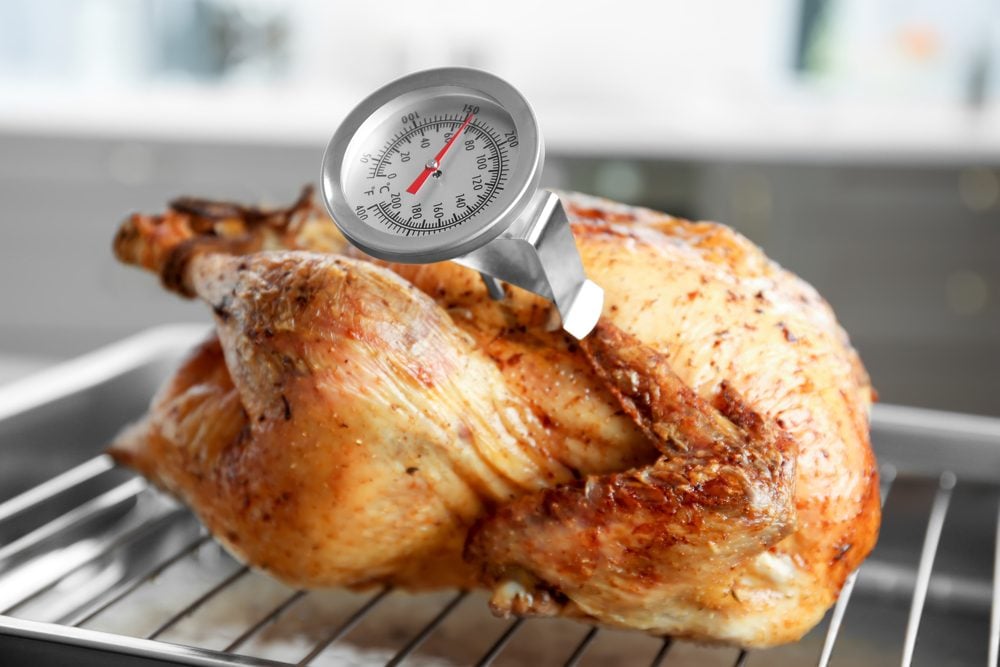
Skipping the meat thermometer
Even if you’re a grill master, you probably can’t accurately tell when meat is ready just by looking at it. If you poke it with a fork to check the inside, you risk releasing some of the flavour. Use a thermometer instead to make sure your meat is finished and safe to eat.
Find out why you should never wash chicken before cooking it.
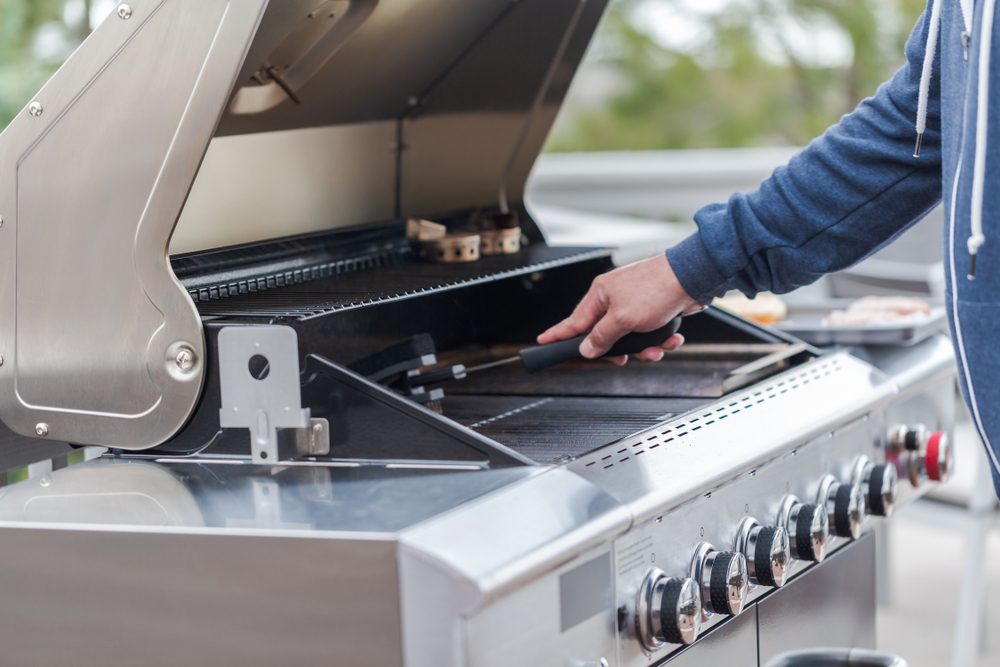
Never cleaning your grill
Cleaning a grill can be tedious, but it can make your meal that much better. If there is built up debris on your BBQ it can cause the meat to adhere and tear. It’s important to clean the grill after each time you use it while it’s still hot.
Check out more grilling mistakes that could make you sick.
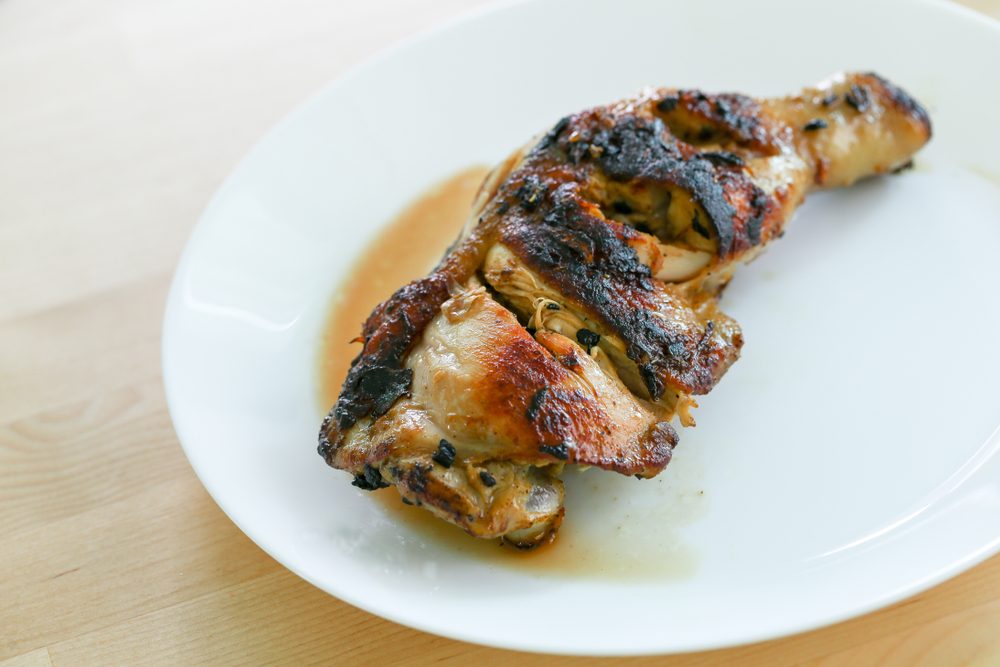
Purposely burning your food
Some people like to burn their food for that extra crunch, but it can actually be bad for your health. The blackness on your food is actually carbon, a known carcinogen.
Want to spice up your next barbecue? Here are 20 foods you didn’t know you could grill.
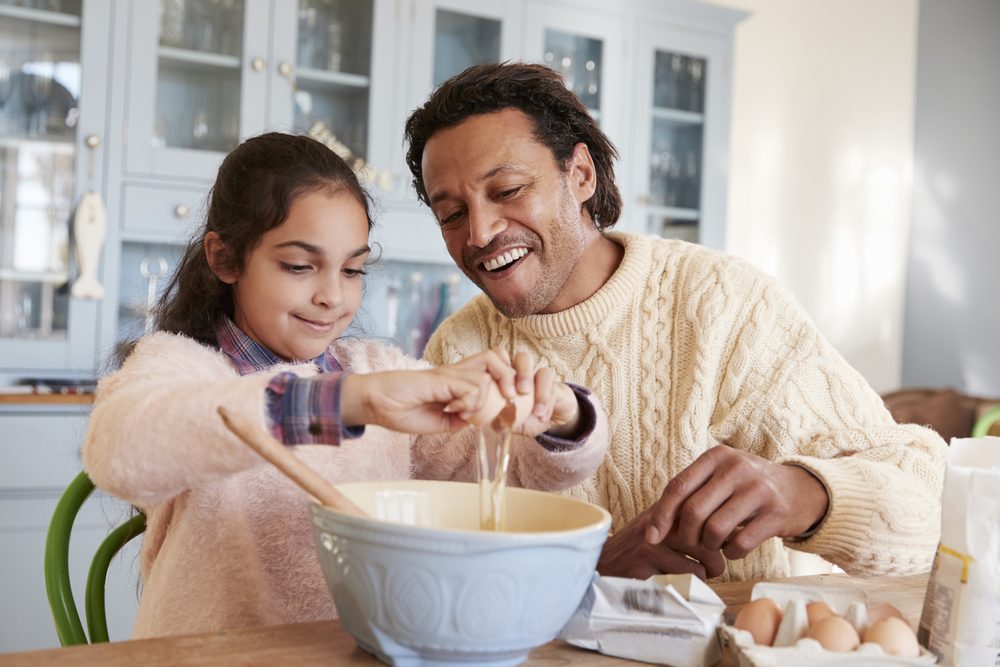
Adding ingredients in the wrong order
Recipes have you add ingredients in a specific order for flavour development. If you add them out of order it could ruin your dish or taste different than the original recipe.
Be sure to check out our best-ever kitchen organizing ideas.
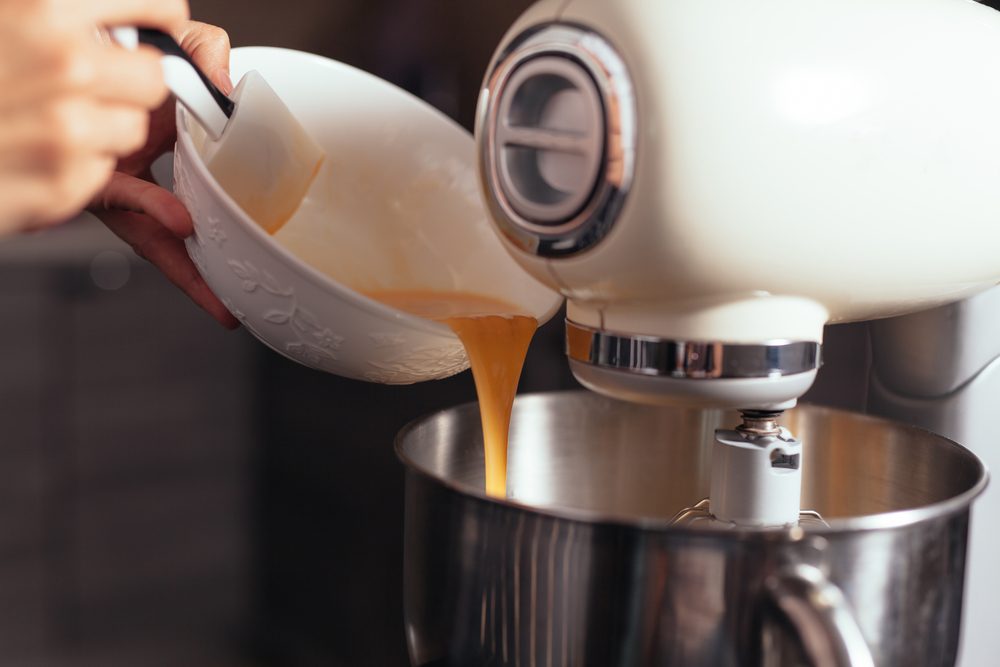
Using a food processor when the recipe calls for a mixer
Blenders, mixers, and food processors are designed to do different things. A blender is used to mix and puree food; a mixer stirs, whisks, or beats food; and a food processor is a hybrid of a mixer and a blender. Using the wrong machine can give your food the wrong consistency.
Don’t miss these brilliant ways to hack your kitchen appliances.
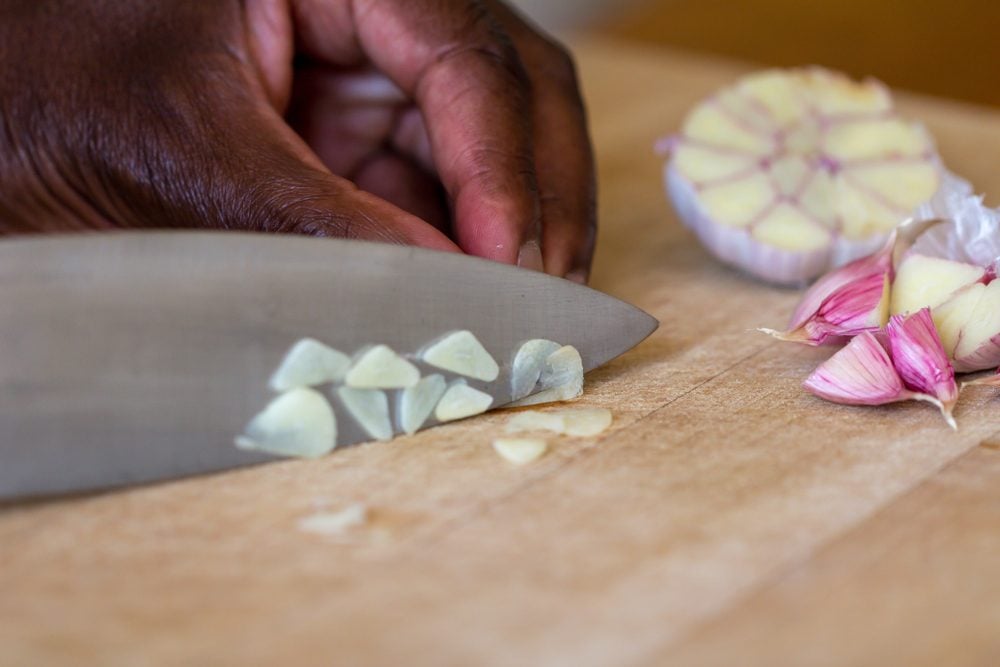
Prepping ingredients as you cook
To avoid ruining your food you should have all of your ingredients pre-measured and prepped before you start. If the recipe calls for minced garlic and you take the time to mince the garlic mid-step, it could ruin the recipe.
You’ll wish you knew these brilliant cooking shortcuts sooner.
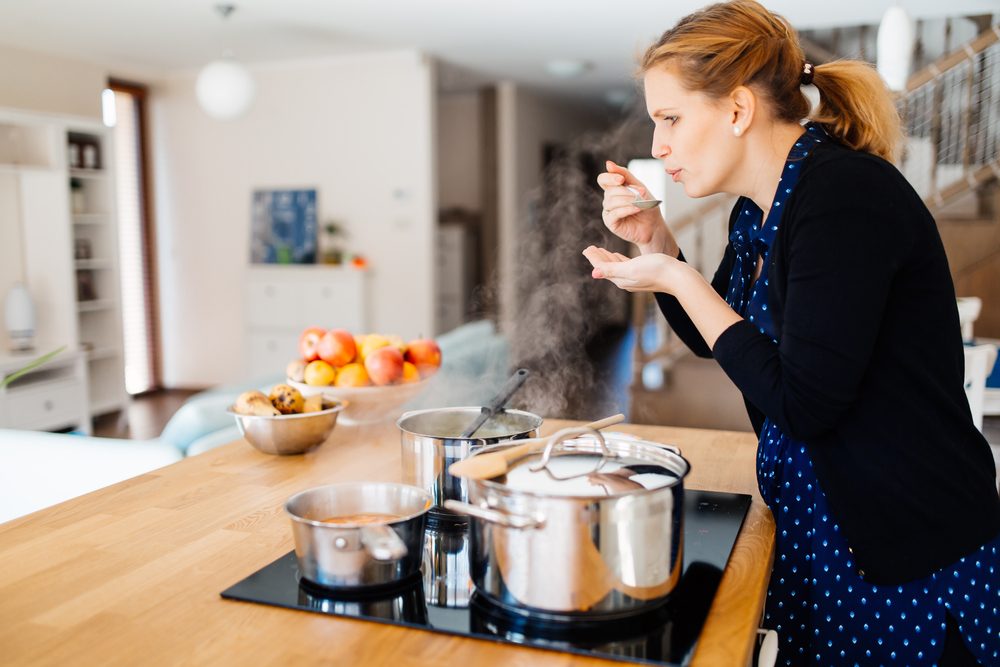
Forgetting to taste as you cook
You should be tasting your food every step of the process. This will help you to make sure that you’re following the recipe and that nothing has gone wrong.
These Depression-era cooking tips are just as relevant today.
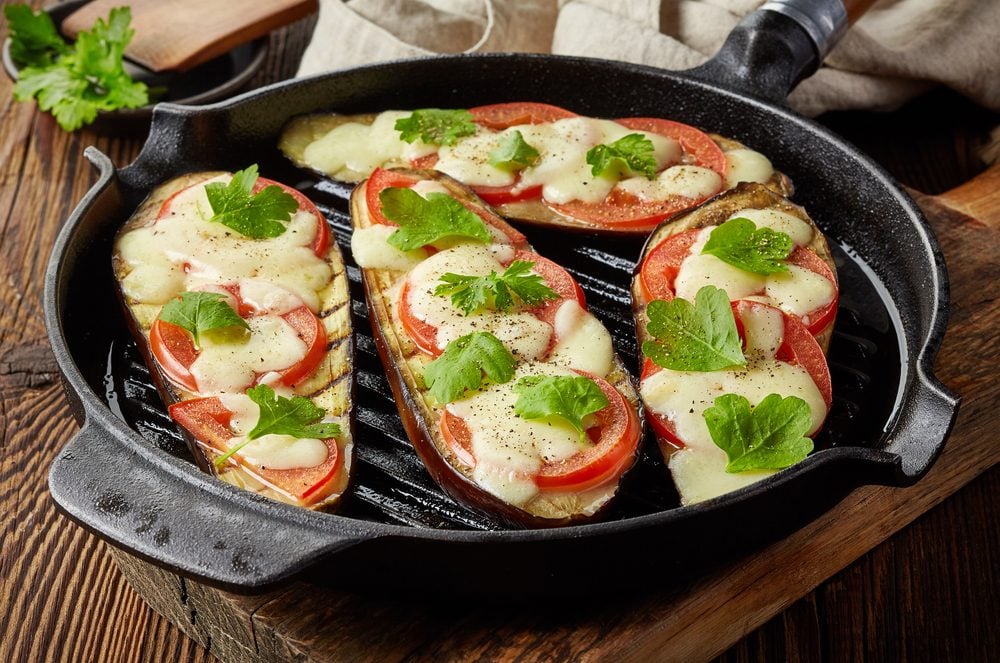
Adding too much food to the pan
Each piece of food that you put in the pan needs to have enough room to cook evenly and thoroughly. A good rule of thumb is to evenly coat the bottom of the pan. Putting too much food in the pan will increase cooking time and cause the food to become mushy.
Next, check out 13 smart cooking hacks that’ll save you time (and money) in the kitchen.
